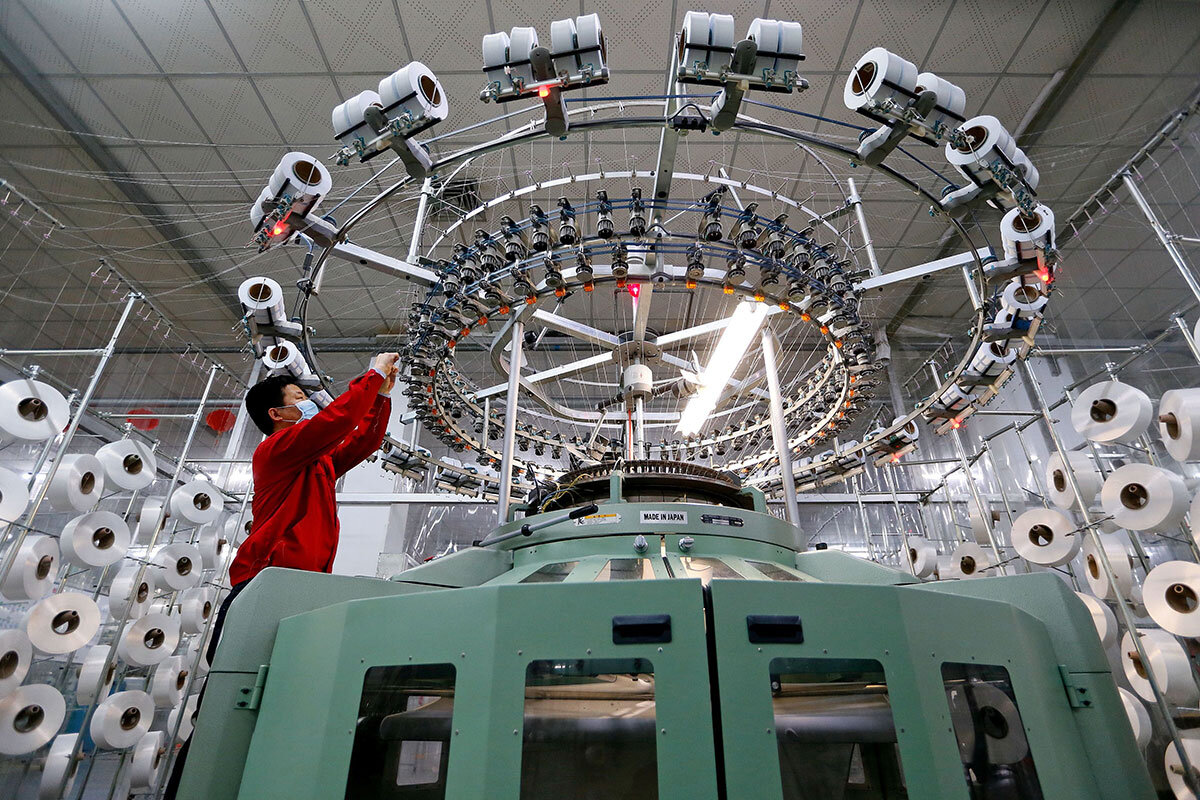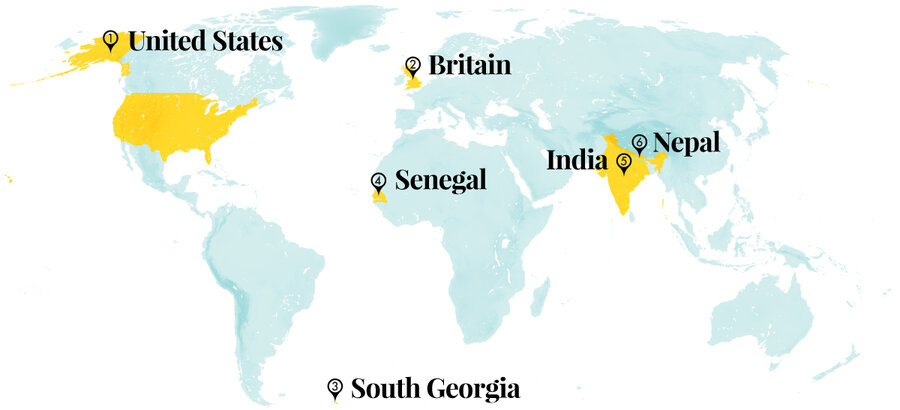As the global economy sways on bad news, few expect nations’ interconnectedness to end. “Deglobalization” isn’t quite the word. But our writers found some signs of a coming evolution.
Monitor Daily Podcast
- Follow us:
- Apple Podcasts
- Spotify
- RSS Feed
- Download
 Clayton Collins
Clayton Collins
Welcome to your week. Today’s stories: how globalization may evolve, the thought shift underlying one U.S. primary, why charter schools seem high and dry, the kindness of (actual) rats, and six helpings of progress. First, a look at where rising diversity could change how we assess emerging global trends.
If the future is female – or at least less male – then what about the future of ... futurists?
The title has more often been linked to names like Issac Asimov, Alvin Toffler, and George Gilder than to ones like Faith Popcorn. But a report in Forbes cites a powerhouse roster of women futurists and notes that a third of the field’s professional association members now are women.
Why might that matter as the world confronts new challenges, from coronavirus to oil shocks?
Preparedness – the work of good futurists – comes from analyzing emerging changes. That requires data, but also an openness to unknowns. As Shane Parrish wrote in his Farnham Street blog, “[Generally], the people who know the most about something talk in terms that involve uncertainty. ... People that know the least tend to talk in absolutes.”
Those camps don’t break reliably along gender lines. But futurist thinking has skewed male and white. I reached out to Amy Webb, a quantitative futurist I’ve met. She sits atop that Forbes list.
“Our field ... has been around for the past century, but until recently [it] was dominated by men,” she replied, “and that meant a limited field of view.” In teaching an MBA course at New York University’s Stern School, Amy likes to mentor young women and people of color in the science of strategic foresight.
Her work adds perspectives. With the extra nuance comes, ultimately, a more accurate take on what's coming. “[T]he most reliable future forecasts,” Amy notes, “are those that account for deep uncertainty, and include a diverse set of insights.”











